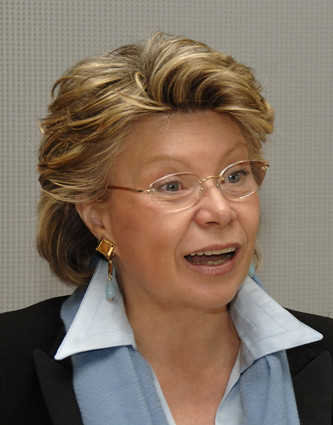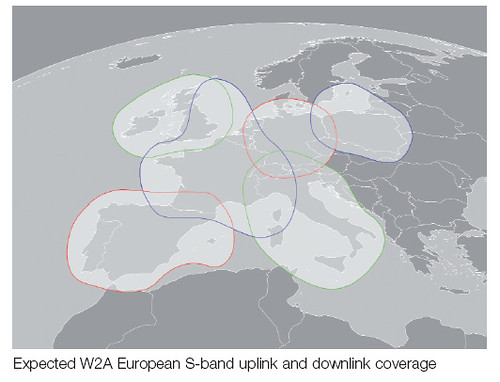Furious Euros

"The commission process, if it goes ahead, is likely to set an ugly precedent that will ultimately destroy the fabric of international satellite communications and co-operation that has taken several decades to evolve," one satellite operator said. "What is to stop the Russians or other nations in Africa from unilaterally authorising their own systems to provide global coverage without co-ordinating with neighbouring countries? If all nations followed the commission process, then the end result is likely to be such interference that no satellite will be capable of operating."
That quote, from The Guardian, sums it up. If there’s one process all satellite operators respect in the satcom business, it’s making sure frequency coordinations are done properly and honestly. There’s speculation the former Luxembourg Parliament’s social committee president was behind this, so as to strengthen the EU’s regulatory powers.
Chris Forrester reports in Rapid TV News the winners will be Solaris Mobile and Inmarsat, and it could get ugly:
Today (March 18) the EU is expected to announce that Dublin-based Solaris Mobile (a j-v between SES Astra and Eutelsat) and London-based Inmarsat will each receive a slice of S-Band satellite bandwidth which will enable Europe-wide services like DVB-SH mobile TV. But there’s already controversy over the decision, with the powerful ITU arguing that the EU’s decision sets a dangerous precedent.
The ITU is responsible, amongst other things, for ensuring safe and interference-free coordination of various satellite operators and their terrestrial broadcasting counterparts. The complaint raised by the ITU argues that there’s nothing to stop other similar players, like Russia, or African or Middle East groupings now issuing their own – uncoordinated – ‘permissions to operate’.
"We see the EU as an unnecessary level [of regulation]," said Aarti Holla-Maini, secretary general of the European Space Operators Association. The allegation is that the decisions have not been reached fairly and may be uncompetitive, favouring European-based businesses.
You’re not surprised, are you? TerreStar and ICO Global, both U.S.-based, will likely litigate this, and Solaris Mobile has Luxembourg-based SES backing it up. Relationships do matter in business and government.
Solaris Mobile will use the S-band payload on Eutelsat’s W2A spacecraft. Launch preparations are in full swing, and the S-band coverage is mostly western Europe…
